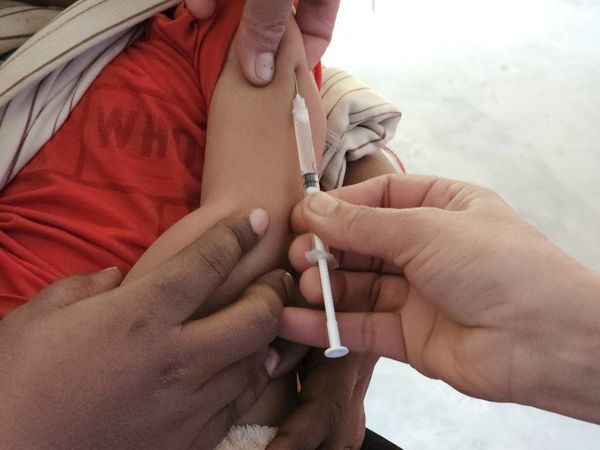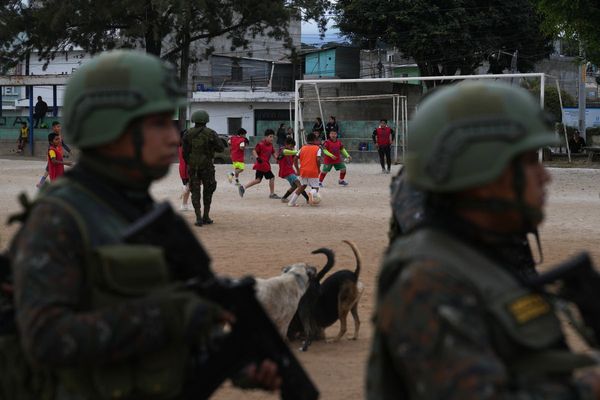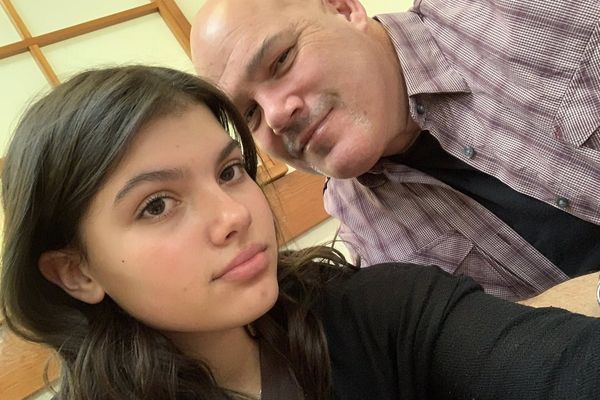There are fears the fragile Gaza ceasefire could collapse after reports of Palestinians killed the day after Donald Trump announced peace.
Palestinian Civil Defence said on Tuesday seven people had been killed by Israeli forces in two separate incidents, in eastern Gaza and to the east of Khan Younis, in the south.
Israel has also announced it will keep the Rafah crossing between Gaza and Egypt closed and restrict aid until Hamas returns the bodies of deceased hostages. It told the UN it would halve the amount of aid to 300 aid trucks from Wednesday.
Four more dead hostages and captives were handed over by Hamas late Tuesday evening, with 20 remaining in Gaza. The bodies were transferred to the Red Cross who passed them on to the Israeli military.
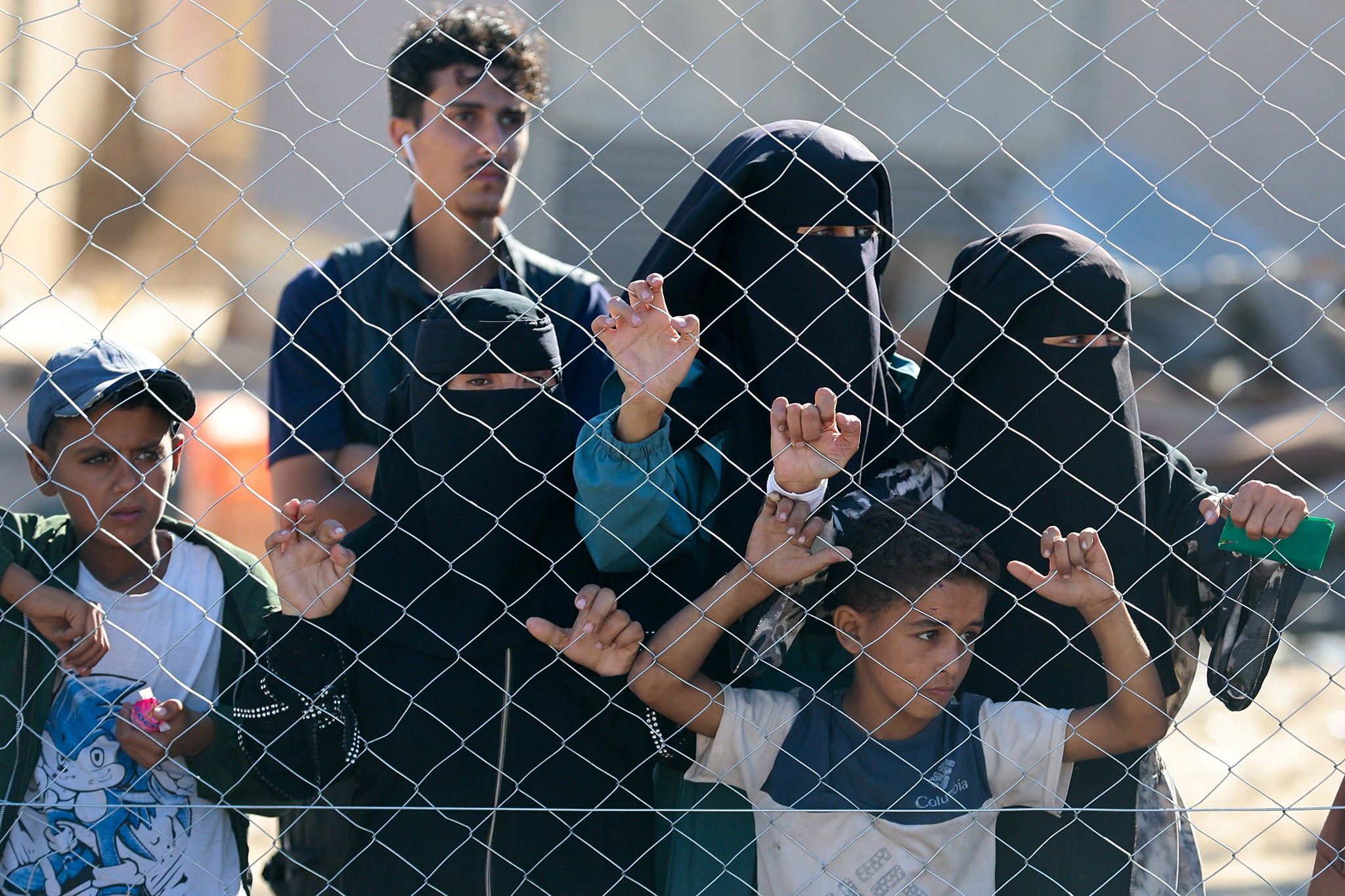
The Israel Defense Forces (IDF) said five Palestinians were killed after approaching troops in Gaza City’s eastern Shejaiya neighbourhood, the Times of Israel reports. The IDF said in a statement that several suspects were spotted “crossing the yellow line and approaching IDF troops” in what they called “a clear violation of the agreement”.
They said that after “multiple attempts to distance them”, the suspects refused to comply and that troops opened fire. Hamas accused Israel of violating the ceasefire agreement.
Under the ceasefire deal, Israeli forces pulled back to where they were in August, before launching their latest offensive on Gaza City. The pullback leaves a number of hard-hit Palestinian neighbourhoods under Israeli control, and Israel has warned residents not to try to return to homes there.
On Tuesday, the Israeli military also confirmed that Daniel Peretz and Yossi Sharabi were two of the deceased hostages returned on Monday, after Guy Iluz and Bipin Joshi were named yesterday.
UK prime minister Sir Keir Starmer said the loss of Yossi Sharabi will be “felt deeply” by his family, adding that his “thoughts are with them, and all of the hostage families”.
Sir Keir added: “Hamas must now return the remaining deceased hostages and honour the terms of the ceasefire.”
Reports of conflict in Gaza cast doubt on the delicate, US-brokered agreement between Israel and Hamas just hours after Trump left the region, concluding a victory lap tour to Israel and Egypt.
Hamas, meanwhile, has carried out public executions of men accused of “collaborating” with Israel. In a video circulated late on Monday, Hamas fighters dragged seven men with hands tied behind their backs into a Gaza City square, forced them to their knees and shot them from behind, as dozens of onlookers watched from nearby shopfronts. A Hamas source confirmed the footage to Reuters.
The group, though greatly weakened after two years of pummelling Israeli bombardment and ground incursions, has been gradually reasserting itself since the ceasefire took hold Friday. Palestinian security sources say that dozens of people have been killed in clashes between Hamas fighters and rival factions in recent days.
Under the terms of Trump’s plan to end the war, Hamas is expected to disarm and make way for a transitional government. Asked on Monday about reports Hamas was rearming, the US president said that the militant group had “been open about it” and that “we gave them approval for a period of time”.
But in a change of tune on Tuesday, he said: "If they don't disarm, we will disarm them. And it will happen quickly and perhaps violently. I spoke to Hamas, and I said, you're going to disarm, right? Yes, sir, we're going to disarm. That's what they told me.”
One of the most pressing concerns for Gaza – the arrival of aid – was strained as three Israeli officials said on Tuesday that the key Rafah border crossing would remain closed through Wednesday, and that the flow of aid into the Palestinian enclave would be reduced.
The decision came after Hamas failed to hand over the remaining bodies of hostages it is holding as planned on Monday. Hamas previously indicated that recovering the bodies of some dead hostages may take longer, as not all burial sites amid the widespread rubble of Gaza are known.
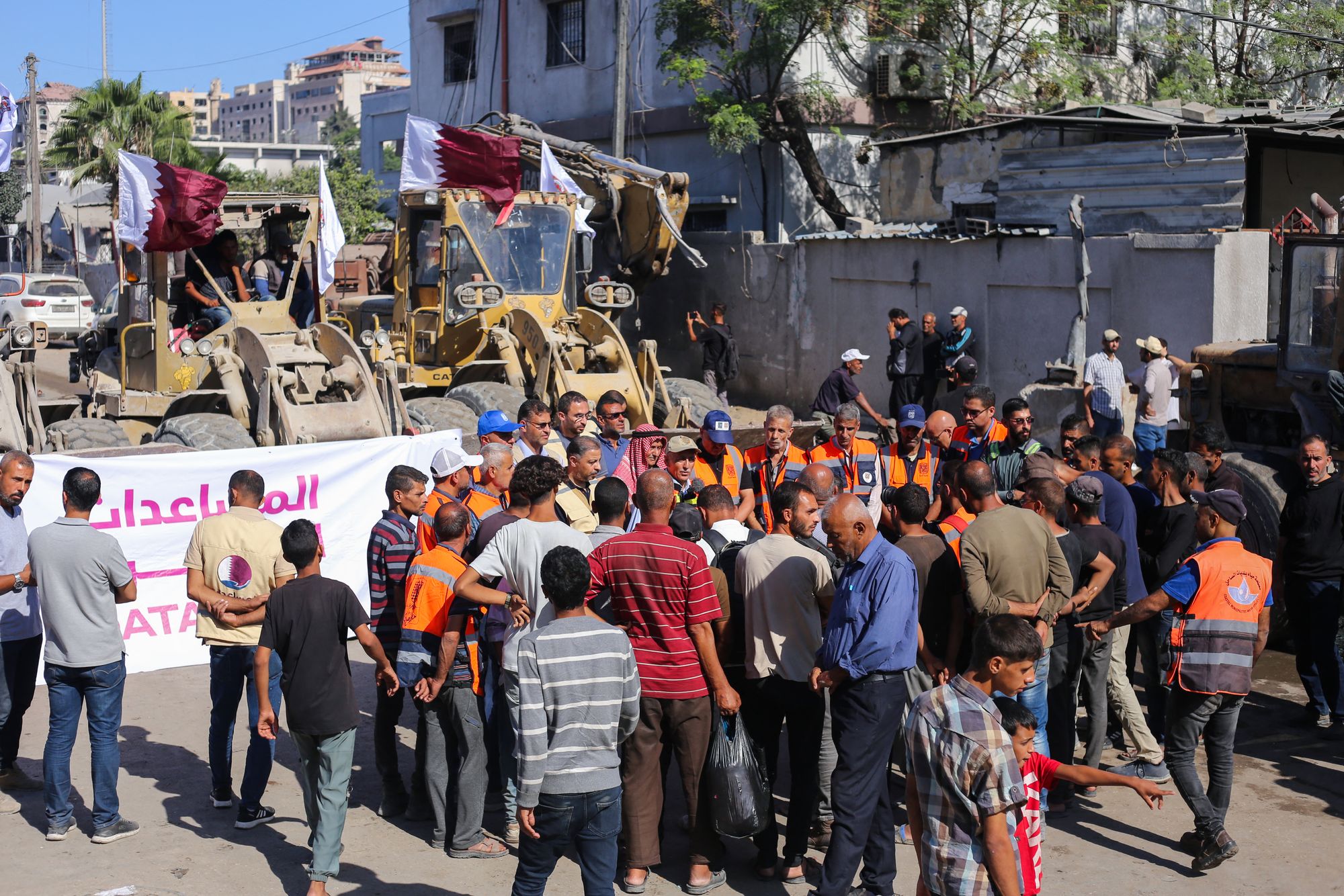
Hamas released the final 20 living captives taken on October 7, 2023, but only four out of 28 deceased hostages.
The Hostages Family Forum called the failure to return all the bodies a “blatant violation of the agreement by Hamas.” The top official in Israel coordinating the return of hostages and the missing, Gal Hirsch, told the families in a note that pressure was being applied on Hamas through international mediators to expedite the process.
The freed Israeli hostages were in medical care on Tuesday, and some families said it would be weeks before the men could go home.
Dalia Cusnir-Horn, whose brother-in-law, Eitan Horn, was released on Monday, said he had lost more than 40 per cent of his body weight after receiving very little food and water in the last few months.
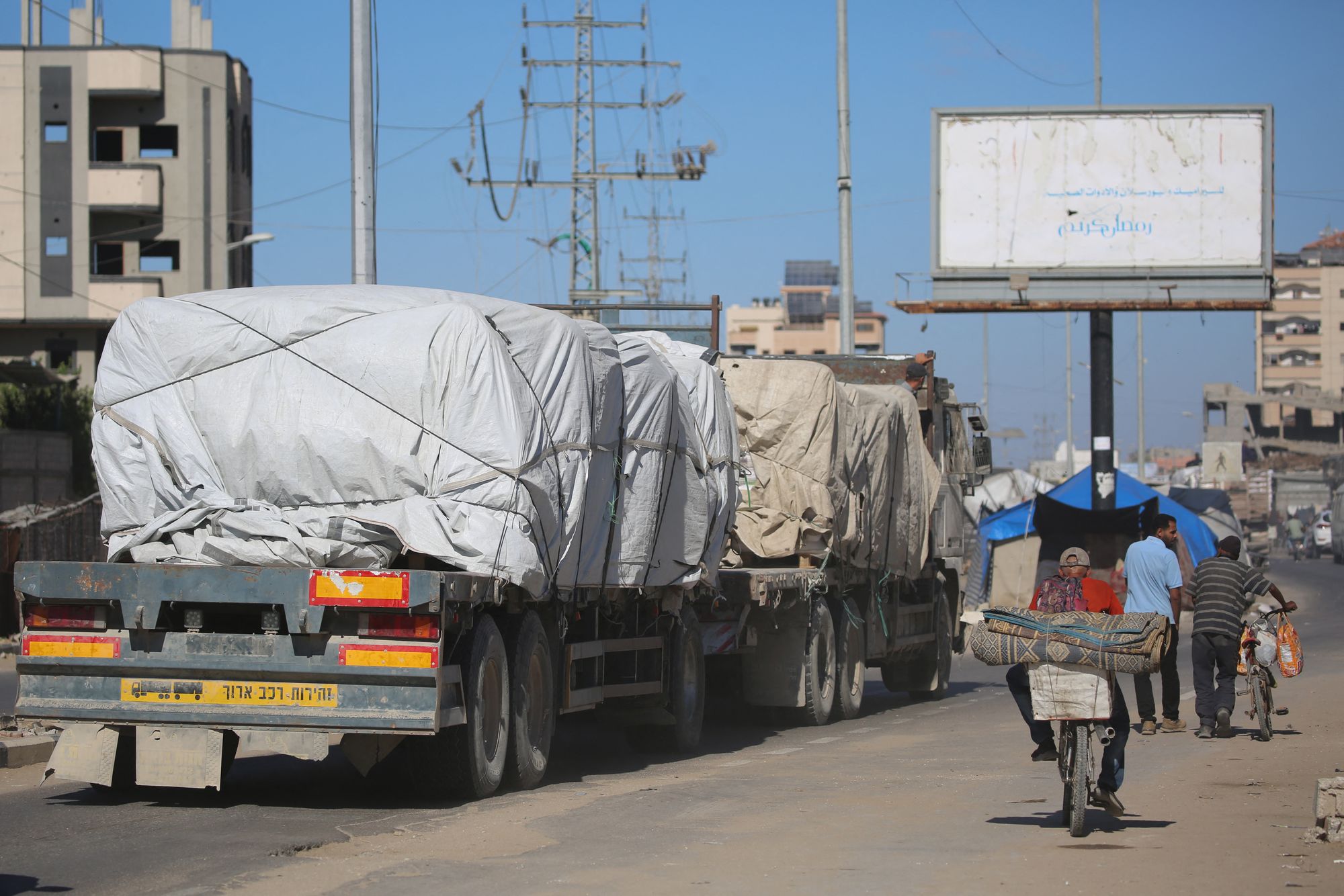
“He has a very, very long way to go,” she said on Tuesday. The physical toll was only part of the trauma, she said. “He’s just learning now — friends he knew that were murdered and he had no clue how many people were kidnapped on that day and what this country went through, and it’s overwhelming and it’s hard.”
In the West Bank and Gaza, where hundreds of Palestinian prisoners and detainees were released, several were taken to hospitals.
The Palestine Medical Complex in Ramallah said it received 14 men released on Monday and discharged all but two.
Doctors examining the men said their conditions suggested they “were subjected to severe beatings, reflecting the extent of the violence they endured,” said Imed al-Shami, a resident doctor at the hospital.
Kamal Abu Shanab, who was released after more than 18 years behind bars, said beatings caused his shoulder to tear. “For eight months, I wasn’t given even a pill for the pain,” he said.
Israel’s Prison Service said it was unaware of such claims, in a statement: “All inmates are held according to legal procedures, and their rights, including access to medical care and adequate living conditions, are upheld.”
A look at the hostages taken to Gaza, by the numbers
Starmer urges Hamas to release bodies of dead Israeli hostages to families
Trump-Gaza latest: Bodies of more Israeli hostages returned after Palestinians killed
Hamas reasserts control in a chaotic Gaza, posing a risk to the fragile ceasefire
How a historic day for peace in the Middle East unfolded
Emotional moment Israeli hostages reunited with families after 737 days in captivity
